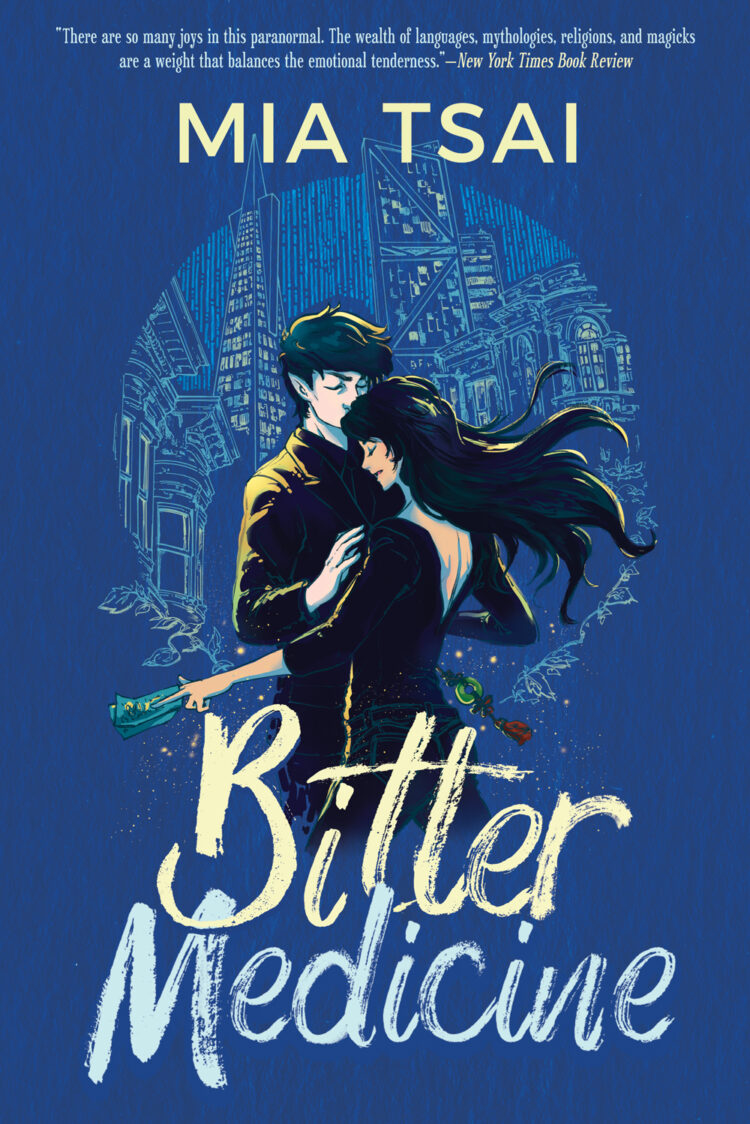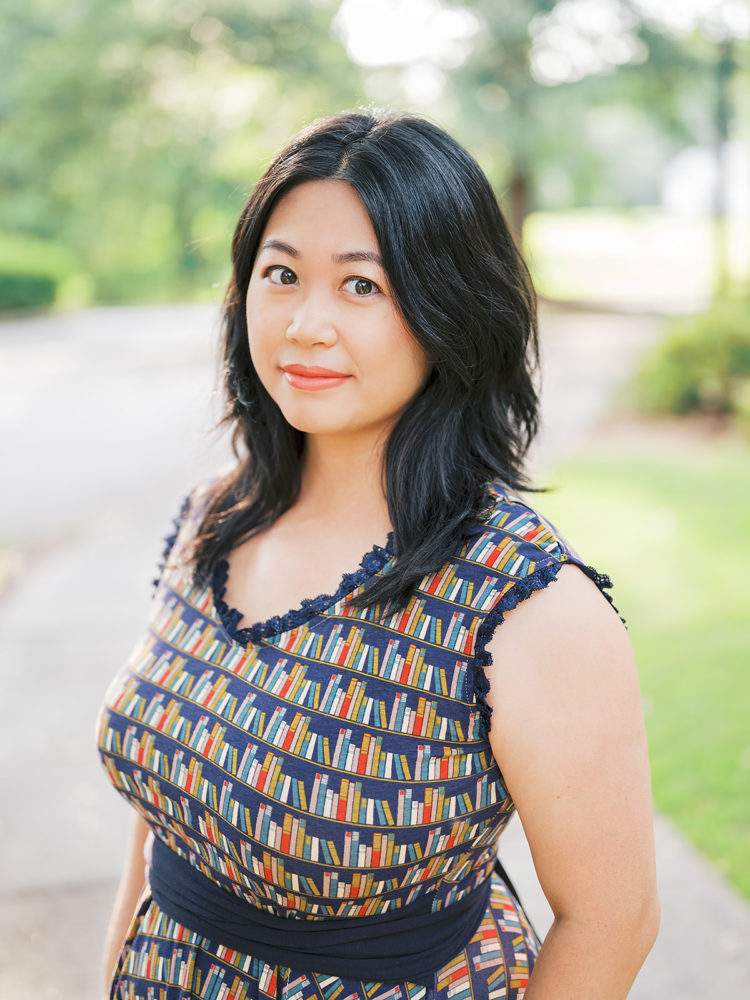Mia Tsai’s utterly lovely BITTER MEDICINE is thoroughly enjoyable
Mia Tsai’s debut novel BITTER MEDICINE continues to captivate readers with new reviews from Lis Carey on File 770 and the Brazilian Dei Uim Jeito. Smart Bitches Trashy Books asked their readers Whatcha Reading? Juhi responded with a glowing review. As part of their celebration of Taiwanese American Heritage Week, Reading (As)(I)an (Am)erica interviews Mia.

Design by Elizabeth Story
All the cultures involved are treated with respect, and scattered through the book are works or phrases in the characters’ respective languages and scripts. It’s little bits, never enough to frustrate–just lending some reality to the fact that these people really do come from a variety of cultural backgrounds.
File 770
I thoroughly enjoyed this.
When researching what xianxia is, I found that it is a Chinese fantasy genre that is highly influenced by Chinese mythology, Buddhism, Taoism and martial arts, and that often the protagonist goes through trials and tribulations to become immortal or attain salvation. , in addition to involving elements of conflict between good and evil. From this entire list, the only point that I felt is almost not present is the martial arts, the rest of BITTER MEDICINE stands out, with a twist on the issue of immortality.
Dei Uim Jeito (translation from the Portuguese, courtesy of Google)
I really liked and enjoyed Mia Tsai’s BITTER MEDICINE. There is something very refreshing, and also strangely healing about the way the book “solves” the central issue—it’s the total opposite of what generally happens in fantasies, and I loved, loved love it. Felt very very, life-affirming to me. I would love to read more by her.
Smart Bitches Trashy Books

Q: Your main character, Elle is one of three siblings, with two brothers Tony and William, and I noticed that the three share a generational name where they all have Yì/逸 in their Chinese names. How did you go about coming up with their Chinese and English names? Do they have special meanings relating to the story?
Reading (As)(I)an (Am)erica
A: I think creating Chinese names is one of the hardest things to do and has an added level of difficulty when you don’t have access to fortune tellers who will gently humor you when you say you’re writing a book and need names that aren’t going to accidentally sound lascivious, invoke bad luck, or reference something you never intended to reference. I actually consulted with a friend who has a much better knowledge of names and meanings of words than I do. When I say consulted, I mean money changed hands.
We thought very hard about the stories of each of the siblings and how they were all raised away from the world at large, and how both Elle and Tony spend a chunk of their lives trying to escape from what’s chasing them. We eliminated characters that would never work in names or would be too outlandish, then settled on Yi as a generational name for both its sound and meaning. For Tony, as the firstborn, he needed something grand, and so yi takes on a double meaning for him as someone who was so preternaturally gifted that he never had to struggle in addition to someone who clearly flees his destiny and, in so doing, becomes lost to most of his family.
I think Elle’s name actually came first—Yiya, or easy elegance as a quick translation (girls must have virtuous names, naturally). And then we expanded to Tony and Will, who as a third child became sort of an afterthought, and that’s why there was less care taken with his name. He had very few expectations heaped upon him.
As English names go, I went with super common English names that Chinese people take. I’ve used Emily and Jennifer before in a different work, so those were out. I’ve met at least half a dozen Tonys in my life; one of them, who is Chinese, is my student’s father, so that wasn’t awkward at all . . . and same with William. These characters are trying to be unremarkable, so they all need to have names that you can remember easily, but also forget easily. As for Elle’s surname, that’s a little in-joke—Mei or May is so often the default name for Chinese women in English literature that it has become, to me, a cliché. And that became Elle’s surname, which can also be taken to mean “beautiful.” Yet another cliché!
